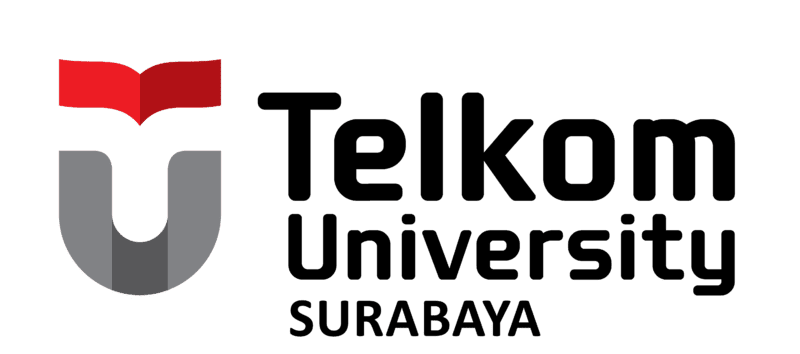Surabaya, Juni 2025 – Di era globalisasi dan konektivitas yang tinggi, networking atau membangun jejaring hubungan sesama manusia bukan lagi sekadar nilai tambah, melainkan kebutuhan penting dalam pengembangan karier. Akademik maupun sosial. Bagi mahasiswa, networking yang kuat bisa membuka banyak peluang besar mulai dari beasiswa, riset bersama, magang, hingga pekerjaan impian.
But it is not an easy thing for everyone because each individual starts from a different starting line. So a question arises, how to build an effective network, both in the academic world and industry, since you are still a student? Here are some surefire tips that you can apply from now on.
1. Build an Authentic Personal Branding
Before expanding your network, it is important to know who you are and what you want to achieve. Personal branding is not about fake images, but rather conveying your values, interests, and expertise consistently. By having a strong and authentic personal branding, people will trust us more.
Tips:
- Use professional social media like LinkedIn to share your academic activities, projects, or thoughts.
- Maintain your digital reputation—make sure your online footprint reflects positive values.
2. Active in Campus Activities and Organizations
Joining a campus organization, scientific community, or UKM provides a great opportunity to meet more people with similar interests. These people increasingly open up opportunities to get to know their connections as long as you have a good relationship.
Benefit:
- Learn to work in cross-departmental teams.
- Building relationships with lecturers, alumni, and off-campus partners who are often involved in events.
3. Attend Seminars, Conferences, and Workshops
Events such as academic seminars, scientific conferences, or industrial training are fertile ground for networking. These events can help you get acquainted with those who are at a higher level than you at the moment. It is also possible that they can see great potential in you.
Tips:
- Don’t just come as a passive participant. Ask questions, join in the discussion sessions, and introduce yourself after the event.
- Have a digital business card or LinkedIn account ready to exchange contacts with professionals or academics you meet.
4. Use Social Media Strategically
Social media is not only a place for entertainment, but also a means to build professional connections.
What you can do:
- Follow industry and academic leaders.
- Join professional discussion groups in your field.
- Comment politely and intelligently on their posts to get noticed.
Comment politely and intelligently on their posts to get noticed.
Lecturers not only teach, but also researchers, industry consultants, and even decision makers in many campus and off-campus activities.
How to build relationships:
- Show serious interest in their course or research project.
- Ask for academic guidance or collaboration on thesis projects and scientific publications.
6. Join a Professional Community Outside of Campus
Many professional associations or communities are open to students. This is a direct bridge to the industrial world.
Examples:
- IEEE, HIMSSI, IAAS, and local startup communities or business incubators.
- A community of developers, writers, or graphic designers, depending on your field.
7. Maintain Relationships with Follow-Ups
Networking is not about meeting once and then it’s over. Relationships need to be maintained with light and polite communication.
Tips follow-up:
- Send a thank you note after the event.
- Provide regular updates on your progress.
- Don’t just reach out when you need help—share something helpful, too.
Effective networking is not just about “who you know,” but also about how you are known. Students who proactively build networks early on will have a stronger foothold to pursue academic and industrial careers.
So, start today—recognize the power of your network, open up conversations, and don’t be afraid to make new connections. In today’s connected world, relationships are invaluable long-term assets. It’s simple. A more equitable and sustainable world starts with all of us, starting now.
Author: Fandi / Editor: Fujiyama / Photo: Public Relations Documentation

